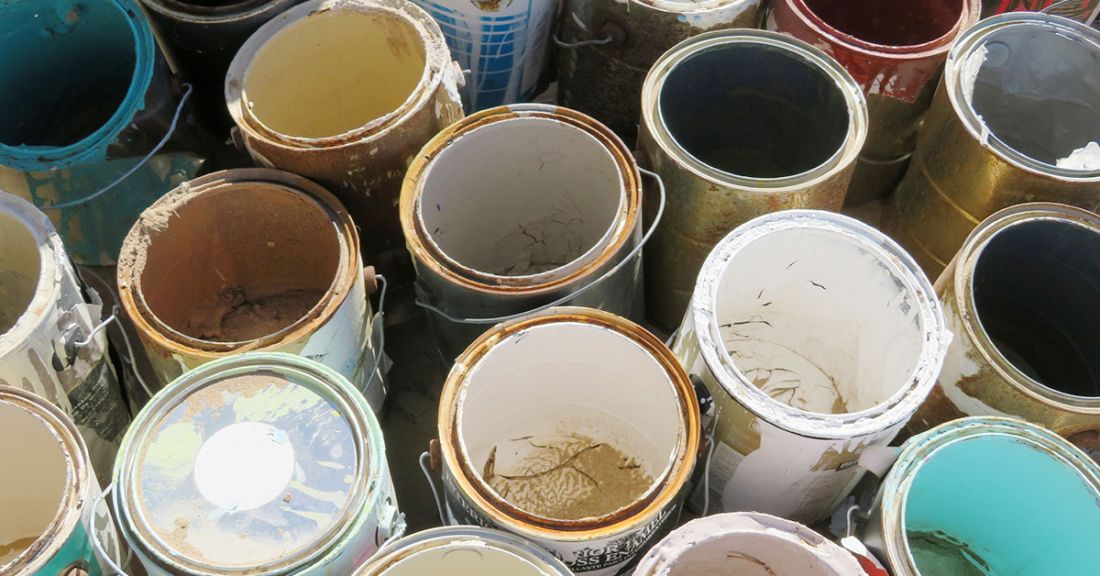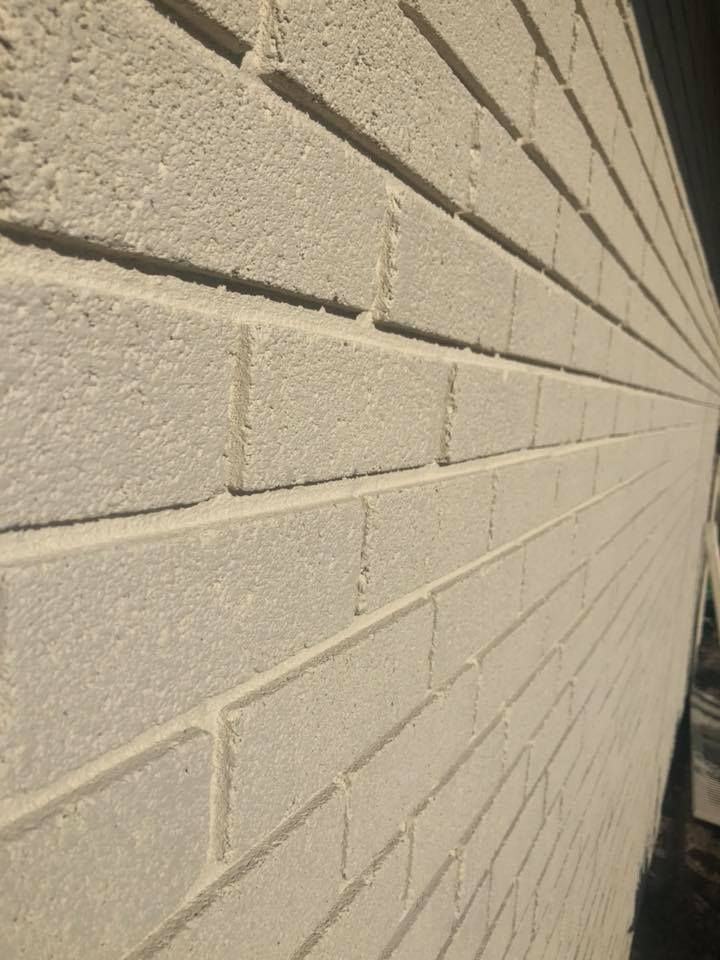
How to Safely Store or Dispose of Your Old Paint
The satisfaction of completing a DIY home or small-business painting job arrives with the final brush strokes or spin of a roller. Sometimes, the celebration can be tempered by the subsequent cleanup. What should you do with your leftover paint?
Cleaning up a successful project can prove taxing. Guidelines for proper storage and/or disposal of old paint can be buried within the paint can’s fine print. Fine print that may be further obscured by dribbles of dried paint that have run down the paint can’s sides.
If you’re not quite sure how to store or dispose of your old paint, Naples, Florida-based FCI painting has a few tips. Successfully wrap up your project with environmentally friendly practices.
Shelf Life and Storage Considerations
The first consideration with storage or disposal of unused paint is the type of paint and its potential shelf life. If stored properly water-based, or “latex,” paints have a shelf life of up to 10 years. Oil-based paint should last up to 15 years. Proper storage begins with sealing up the paint to ensure that it does not dry.
Tips for proper sealing and storage include:
- Transferring paint from half empty or less cans into smaller cans or large jars so as to limit air space.
- Cleaning any paint from the paint can lid grooves with a clean rag.
- Tapping the lid down securely but gently with a rubber mallet, so as not to distort the shape of the lid or the can’s rim, which could allow air intake.
- Storing paint in cool, dark spaces where they will not be affected by extreme heat or cold, both of which can ruin the paint
- Avoid concrete floors, which can rust the bottom of paint cans
- Properly marking paint containers with type, brand, mixture number, date of purchase, and places used (consider adding a small brush stroke of the color to the top or side of the container for easy identification).
Old Paint Disposal Options
Water-based and oil-based paints need to be properly disposed of. Both are both toxic and environmentally unfriendly.
Of the two, water-based paints are not as dangerous to health or the environment once dried. In fact, smaller amounts of dried out latex paints can be thrown out with the regular garbage. If you only have small amounts of latex paints you can leave the container in the sun to let it dry. Otherwise, add in kitty litter or newspaper to soak up the paint, which will speed up the drying process. For larger amounts of paint, you can purchase paint hardeners at your local home improvement store.
Oil-based paints should be taken to your local recycling center or hazardous waste drop-off point (if separate from your recycling center.) These facilities will typically also accept water-based paints. There are five recycling and household hazardous waste drop-off locations in the Naples, Florida area, with their addresses and disposal conditions listed here.
Another convenient and environmentally sound way to dispose of old paints is to consider donating them. If not approaching the end of its shelf life, and in sufficient quantities, some organizations might appreciate free building improvement supplies. Think of churches, charitable organizations, local theaters, and schools. Be sure to put out the word about your extra paint to friends and relatives. You never know who might appreciate the cost savings of using leftover paint.
Don’t Worry About Paint Disposal With FCI Painting
If you would like to avoid handling excess paint and other painting project cleanup details, consider letting Naples, Florida-based FCI Painting tackle your home or small-business paint job. With more than 25 years of experience in helping thousands of southwest Florida businesses and homeowners paint their exterior and interior spaces, we provide expert service in all elements of every painting job. To learn more about how FCI Painting can help you with your painting project, contact us online or give us a call at (239) 435-1001.













